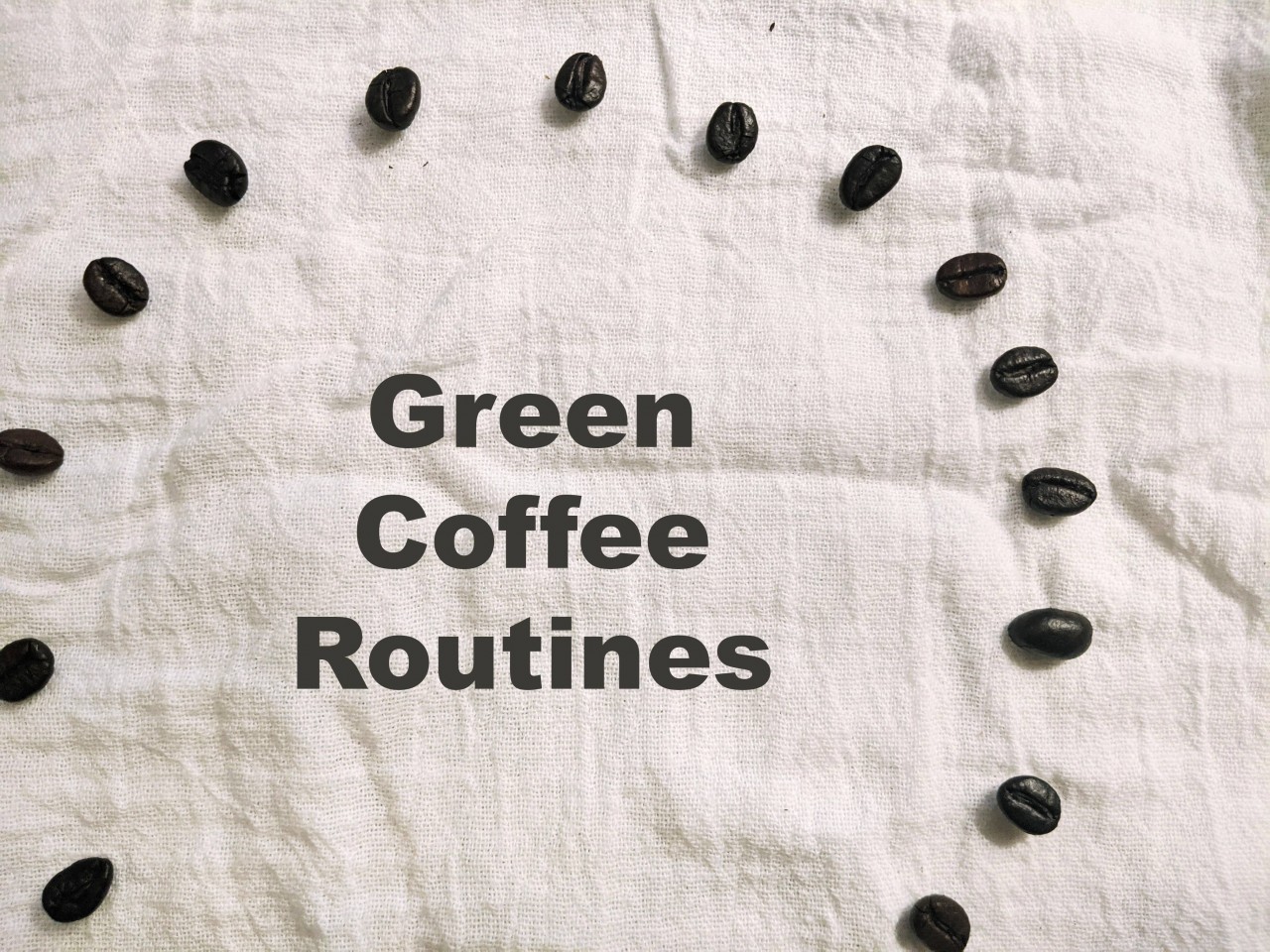Green Blog
Green Coffee Routines
Do you enjoy drinking a mug of coffee? If your answer is yes, you're not alone; around 62% of Americans choose to drink coffee daily. Many people brew coffee at home, frequent a local coffee shop, or sip on a cup from work. Washingtonians even proclaimed their love of coffee by making it the official state beverage!
It's no secret that coffee takes substantial amounts of energy and resources to be produced, transported, roasted, brewed, and disposed of. We're spilling the beans on how to be more sustainable in your coffee consumption habits.
1. Choose Beans from Certified Producers
Coffee producers can earn various certifications based on their labor and sustainability practices. Be a conscious consumer by reading labels and asking your local coffee roasters and coffee shops if they purchase their beans from farms that are certified as USDA Organic, Fair Trade, Rainforest Alliance, and/or Smithsonian Bird Friendly. Find a source of coffee that is right for you!
2. Buy Coffee Beans in Bulk
Buying products in bulk minimizes the amount of packaging and maximizes the amount of beans for the buck . Some roasters will even allow you to bring in your own containers to re-fill, further reducing single-use waste. Oxidation, moisture, and heat compromise the flavor of coffee. Keep your beans at room temperature in an opaque, air-tight container, and opting for a dark storage location . Whole beans stay fresh longer than pre-ground coffee. If the coffee tastes stale, instead use the beans to make cold brew coffee!
3. Use your own Mug
Replace single-use coffee cups with a reusable mug. Reusable to-go cups are very practical, with a better seal and more insulation, preventing burns. Mugs can also add a touch of personal expression to your coffee habits. Respectfully ask coffee shops if you can use a reusable mug, being mindful of health and safety precautions. When cleaning your mugs, use an environmentally friendly cleaning agent and minimal water.
4. Skip Single-Serving Machines
Single-serving coffee machines will add to your energy bill much more than other methods like drip machines since they require more energy per cup. Single-serving machines that use disposable pods produce more waste than other brewing techniques. If you do not want to part ways with this type of machine, you can use reusable pods. Some single-serving machines also allow you to place coffee grounds within a small filter.
5. Use Reusable Filters
If opting to brew coffee through drip machines, you can buy or make cloth filters. This one-time purchase saves you from repetitively buying paper filters. I have a set of filters which are made out of organic, non-bleached, non-dyed muslin fabric. I use them each morning, compost the coffee grounds, rinse the filter, and let it dry for use the next day. Super easy!
6. Turn the Machine Off
A large portion of energy consumed when making coffee is from leaving the coffee machine on stand-by mode. When the coffee maker is not in use, turning it off and unplugging the appliance will reduce energy costs and phantom power (a draw of electricity that electronics consume while not being actively used).
7. Compost Coffee Grounds
After brewing your coffee, you can place coffee grounds in your backyard compost pile. This will cycle nutrients, like nitrogen, back into the earth. Read more about how to compost here! Some gardeners have even placed used coffee grounds directly into their garden to discourage slugs and snails from eating their plants. If you have an organics cart for collection, you can also place used coffee grounds there.
The environmental impacts of the coffee industry happen throughout the supply chain, and it can get overwhelming, but you can make a difference by changing a few habits. While making personal changes, you can also encourage local coffee shops and coffee industry players to implement sustainable practices. Together we can make positive changes!





